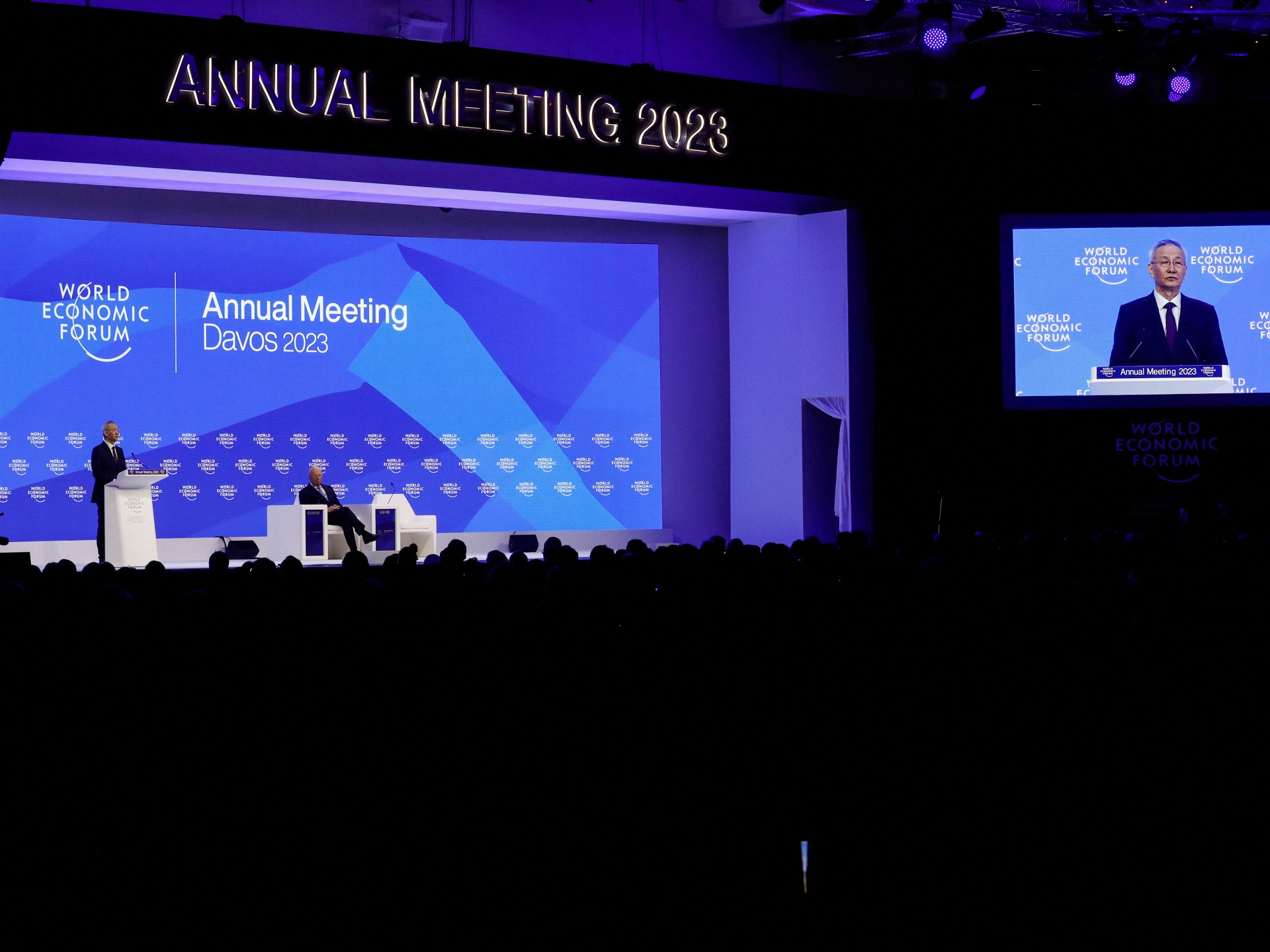Yesterday, the first official sessions of the 53rd edition of the World Economic Forum kicked off in the Swiss city of Davos, in the presence of a number of prominent personalities shaping global politics and the business world.
The forum will be held from January 16 to 20, under the theme "Cooperation in a Fragmented World".
The forum will witness the participation of more than 2,700 prominent officials from 130 countries, including 50 heads of state or government, in light of the complete exclusion of Russia and its officials, as the multiple crises deepen the divisions and disintegrate the political scene.
This year will also witness the highest commercial participation ever in Davos, with more than 370 public figures from governments and international organizations, more than 1,500 business leaders, and 90 innovators. and 35 foreign ministers.
Held against a backdrop of challenging economic forecasts, the Forum's annual meeting will focus on the dual imperatives of making the right decisions for economies, businesses and societies to navigate these complex times.
It is expected that the war in Ukraine and the threats of a global recession will dominate the sessions, and he will also discuss important economic topics such as the high cost of living, declining growth rates and high inflation, in addition to combating climate change amid gatherings of environmentalists and non-governmental organizations who reject climate efforts.
The consequences of the conflict for global energy supplies, food security and security in general, especially in Europe, will also be on the agenda this week.
In its annual report, the forum warned world leaders of energy crises, related food supplies and high prices, and considered them the biggest short-term threats in the world, as most economists expect a global recession this year.

